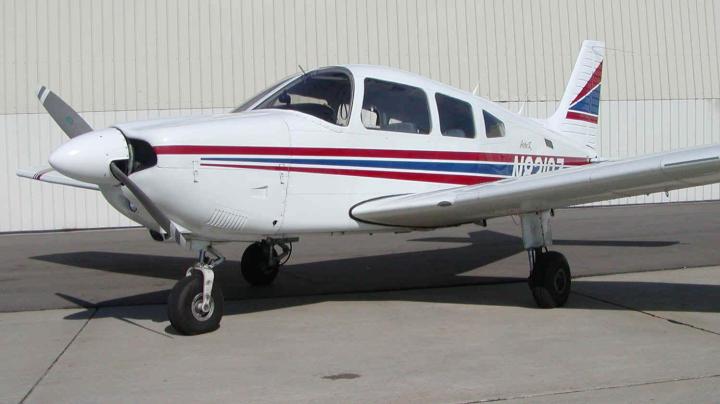
The request for review came from a company called Flytenow, one of many companies that seek to connect pilots with empty seats aboard their planes to eager passengers with a penchant for private planes. The FAA has ruled that pilots who wish to engage in this sort of activity must have commercial licenses. Otherwise, the agency ruled, there exists a danger that passengers “will contract with pilots who in fact lack the experience and credentials of commercial pilots.”
While this may seem like semantics, the fact of the matter remains that private and commercial pilots are subjected to rather disparate levels of scrutiny. While both must abide by FAA safety regulations, the three-judge panel noted, “Regulators have good reasons to distinguish between pilots who are licensed to offer services to the public and those who are not.”
Still, lawyers for these companies insist that the regulations are superfluous and indeed unnecessary in the grander scheme of things. Rebecca MacPherson, who represents Flytenow competitor AirPooler, noted that these flight-sharing services wouldn’t even allow private pilots to make a profit. Rather, they would “receive only partial reimbursement for fuel and other costs,” all of which is in line with a 1964 FAA law. “You’re not going to make any money doing this,” she said in an interview with The Next Web. “All you’re going to do is defray some of your costs, which the FAA has said is OK in the past. The only thing that is different is you’re using social media.”
But until the FAA changes its mind, the air’s version of Uber just won’t be a reality.
Editors' Recommendations
- SpaceX gets big hint from FAA on next Starship launch opportunity
- FAA gives UPS’ drone delivery efforts a big boost
- The Uber hack is an outrageous tale of a teen hacking for fun
- The 5 most disturbing Uber Files revelations you need to know
- Looking for a side hustle? Drive with Uber and start earning


